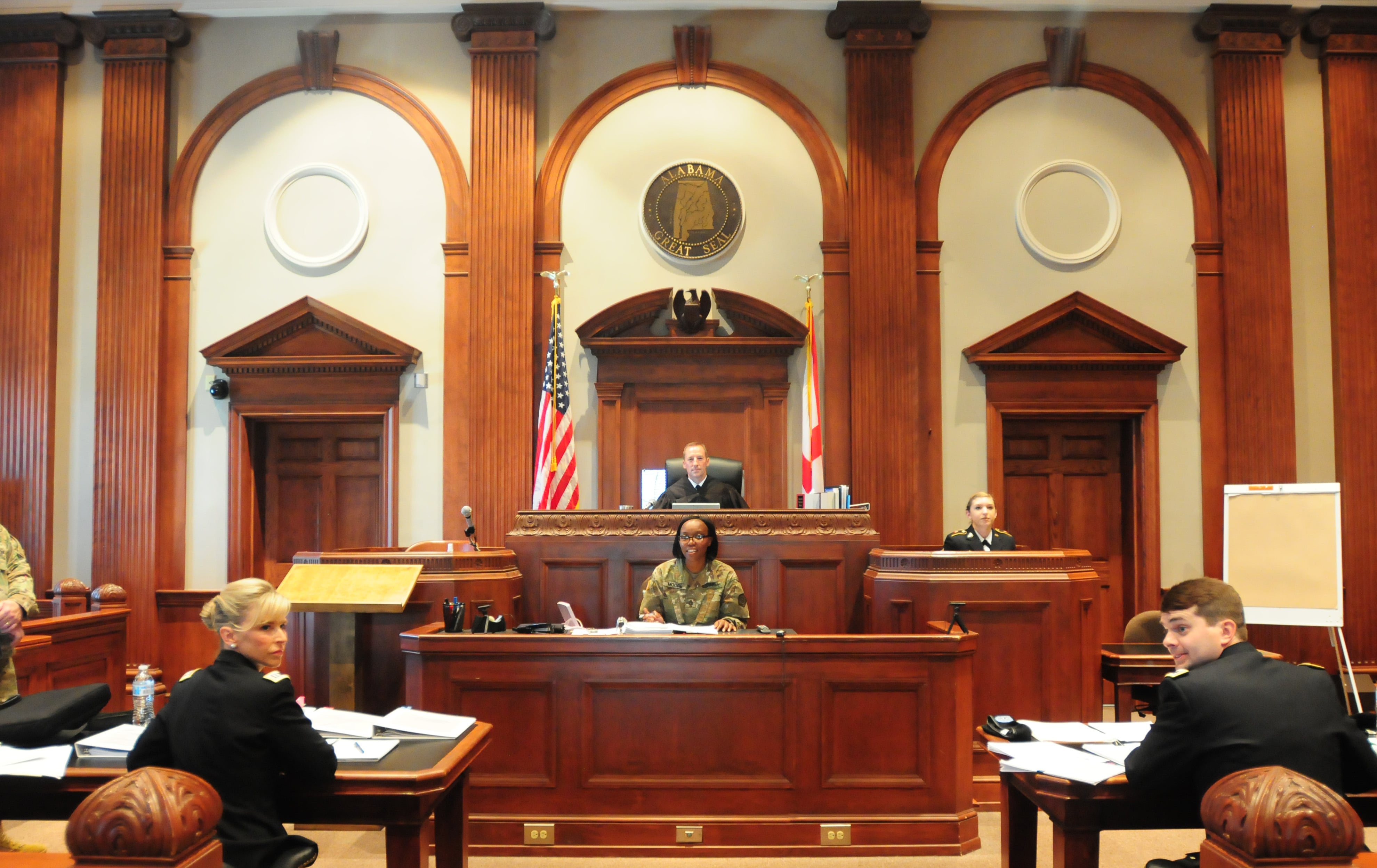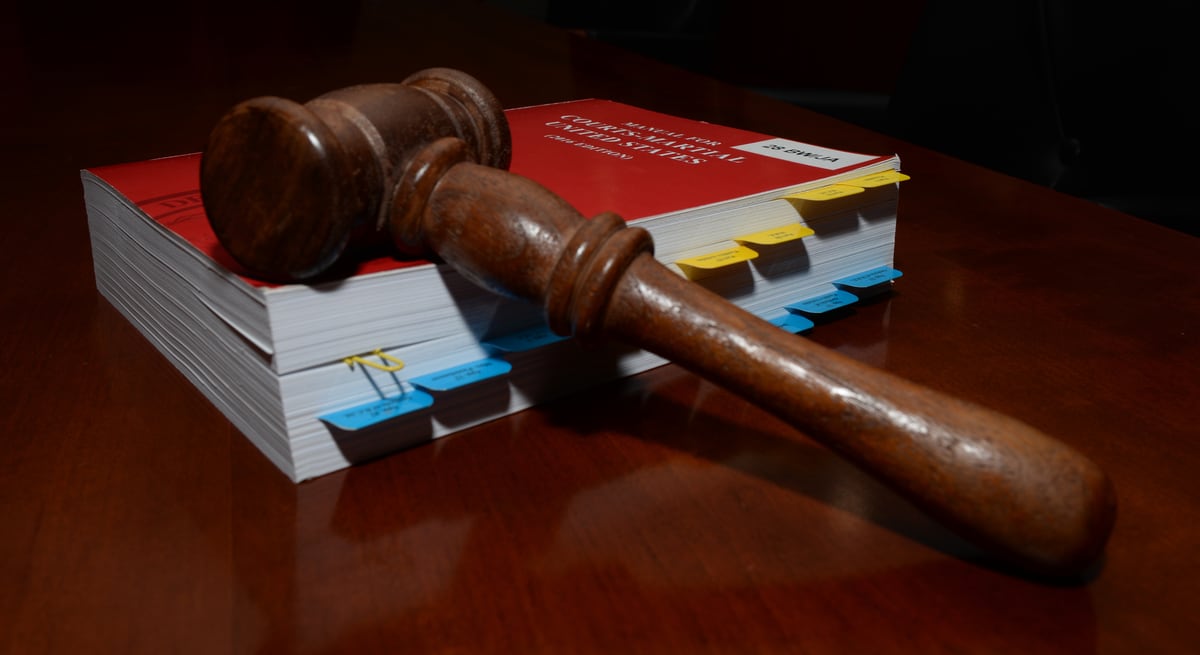Two veterans advocacy groups filed suit against the Defense and Justice departments on Thursday, alleging that they have improperly withheld military sexual assault prosecution records requested through the Freedom of Information Act.
Only the Marine Corps has released requested records for military justice system complaints and prosecutions dating back to 2007 at installations in New York, Virginia, Texas and California, according to the federal complaint filed in Connecticut.
“Congress, the public, victims of service member crimes, and service members themselves deserve to know if the military justice system is fulfilling its purpose, or if it’s falling short of its civilian counterparts,” retired Air Force Col. Don Christensen, president of Protect Our Defenders, said in a release Thursday.
To that end, Protect Our Defenders, with its partners at Yale Law School’s Jerome N. Frank Legal Services Organization, filed FOIA requests with each of the military services. These came in addition to requests for memoranda of understanding between military and civilian prosecutors in local federal courts, as there are times when both can claim jurisdiction over a case.
“The records will also help identify disparities between the military and civilian justice systems’ prosecution of service members for serious offenses: possession of controlled substances, manslaughter, murder, rape, sexual assault, and sexual exploitation of children,” according to the complaint. “The records are likely to show that the military justice system fails victims of service member crimes — who have less judicial recourse than victims of nearly identical crimes perpetrated by a civilian — by under-prosecuting sexual assault in particular.”
RELATED

Exhibits filed with the lawsuit show five FOIA requests filed on May 9 of this year, along with acknowledgement letters from each FOIA office that the requests had been received.
Federal FOIA law requires that offices respond to requests within 20 business days, “unless there are ‘unusual circumstances,’” according to the Justice Department. Such conditions include cases in which the FOIA office needs to collect records from outside its own office, when there is a “voluminous” number of records or the office needs to consult with another agency with interest in the records.
Increasingly, military FOIA offices cite backlogs of requests when missing legal deadlines, sometimes taking years to respond to requests for individual, completed investigations.
Only the Justice Department, in this case, responded to the request by explaining that it would take more than 20 business days to collect the requested records.
“The Army, Navy, and Air Force’s failure to respond to our clients’ FOIA requests is not only disappointing, but illegal,” Renée Mihail, an Army veteran and intern with the Veterans Legal Services Clinic at Yale Law School, said in the release. “I have seen the Uniform Code of Military Justice in action. Transparency is necessary to push officials’ commitment to implementing military justice reform beyond lip service.”
In 2021, DoD rolled out a host of reforms aimed at improving its prevention and response to sexual assaults, including reforms to its justice system, which are scheduled to roll out through 2028.
RELATED

The centerpiece of the reforms, an independent special prosecutor’s office charged with taking legal decisions out of commanders’ hands, has a congressionally-mandated deadline of Dec. 28, 2023.
The Pentagon’s annual sexual assault reports have shown that while incidents are on the rise, the number of reports and prosecutions are falling.
In 2013, the services started court-martial proceedings in 71% of the 1,187 cases that ended in discipline, the highest number recorded. Since then, the numbers have fallen steadily, including a drop from 49% in 2018 to 42% in 2021, with 1,974 cases.
Meghann Myers is the Pentagon bureau chief at Military Times. She covers operations, policy, personnel, leadership and other issues affecting service members.





